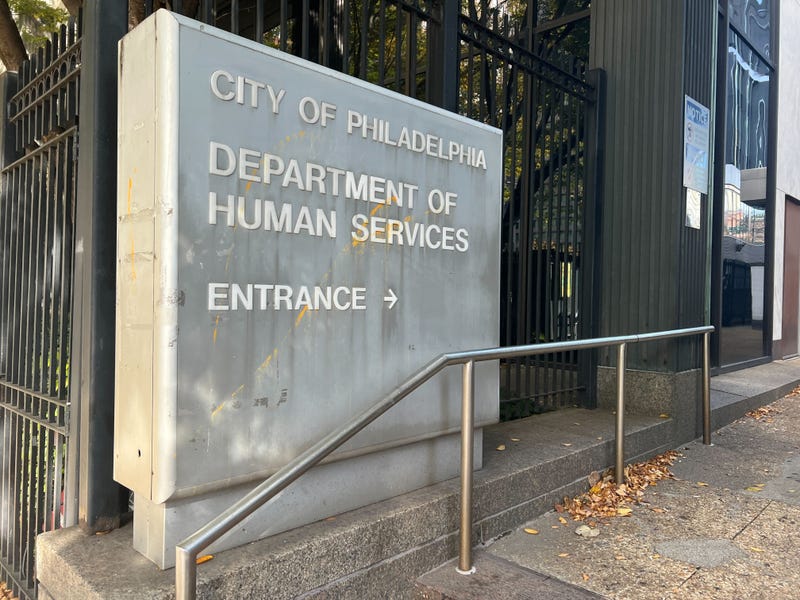
PHILADELPHIA (KYW Newsradio) — A new problem has emerged in Philadelphia’s struggling child welfare system. The city is preparing to transfer thousands of children to new providers because its largest Community Umbrella Agency (CUA), Turning Points for Children, can no longer afford its liability insurance.
“Where are the alarm bells that should be ringing?” Councilmember Cindy Bass asked at City Council’s meeting last week. “This is of great concern, isn’t it?”
The move comes 10 years after a transformation hailed as Improving Outcomes for Children (IOC), which outsourced case management from the Department of Human Services to 10 private, nonprofit CUAs. The change was in response to the starvation death of disabled teenager Danieal Kelly while her family was under DHS supervision.
The system has never worked as intended. Caseloads were supposed to be 10 families per caseworker but have never been below 14 and have sometimes been much higher. The workload, at salaries of around $45,000, has led to high turnover and staff vacancies.
“There wasn’t enough money put into the privatized system to make it work,” said Donna Cooper, Executive Director of Children First. “As we see now, the privatized system could not handle the risk and liability associated with injury and death.”
RELATED
Children First issued a report last year showing an increase in child fatalities and near fatalities from 2012 — the year before the CUA system started — through 2020, the last year for which data was available.
Both Turning Points for Children and the DHS declined KYW Newsradio’s interview requests.
Frank Cervone, executive director of the Support Center for Child Advocates, defended the system. He said child fatalities are up statewide and across the country, as are staff shortages and the resulting high caseloads.
“Did they erode some quality of service when they privatized? There’s a pretty good case that they did,” he said. “On the other hand, there weren’t too many of us that were too happy with the state of affairs that we left, so it feels a little Pollyanna to think we should go back to the way it was, with a cadre of city workers. We were talking back then about worker morale, about workforce retention.”
He agreed that the city has not put enough money into making the CUA system successful. The city put additional money in this year’s budget to raise CUA case worker salaries to a minimum of $60,000 and to cover the cost of insurance premium increases for CUAs up to $600,000.
One of the drawbacks of privatizing casework is the need for liability insurance. The city is protected by sovereign immunity from lawsuits over the death or injury of a child. It required the CUAs to carry $10 million policies.
Turning Points for Children ran four of the 10 CUAs, with some 3,000 children on its caseload. Sources familiar with its decision to exit the CUA system said it was sued 15 times and its insurer never wanted to take the cases to court, so it settled them. As a result, premiums became prohibitively high.
Turning Points for Children informed the city seven months ago that it could not continue CUA work.
After a request for proposal (RFP), the city chose three nonprofits to take over the CUAs: Concilio (The Council of Hispanic Organizations); APM, which already operates a CUA in the lower Northeast; and the Greater Philadelphia Community Alliance, a new organization resulting from the merger of Diversified Community Services and United Communities Southeast Philadelphia.
A new RFP has been issued for the fourth CUA.


